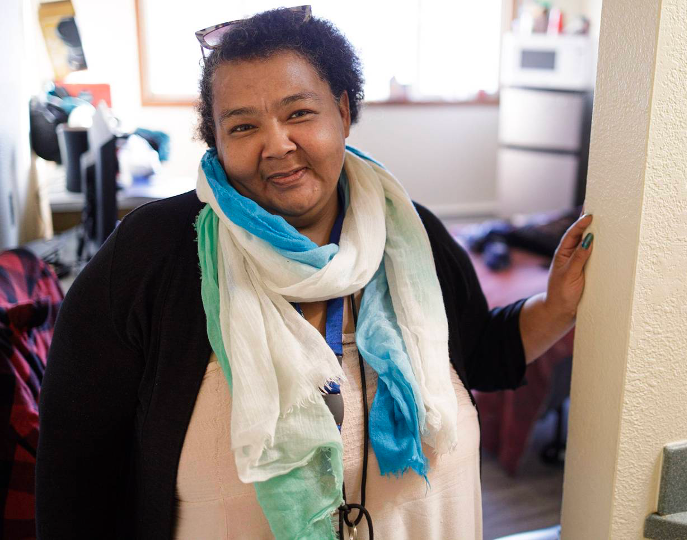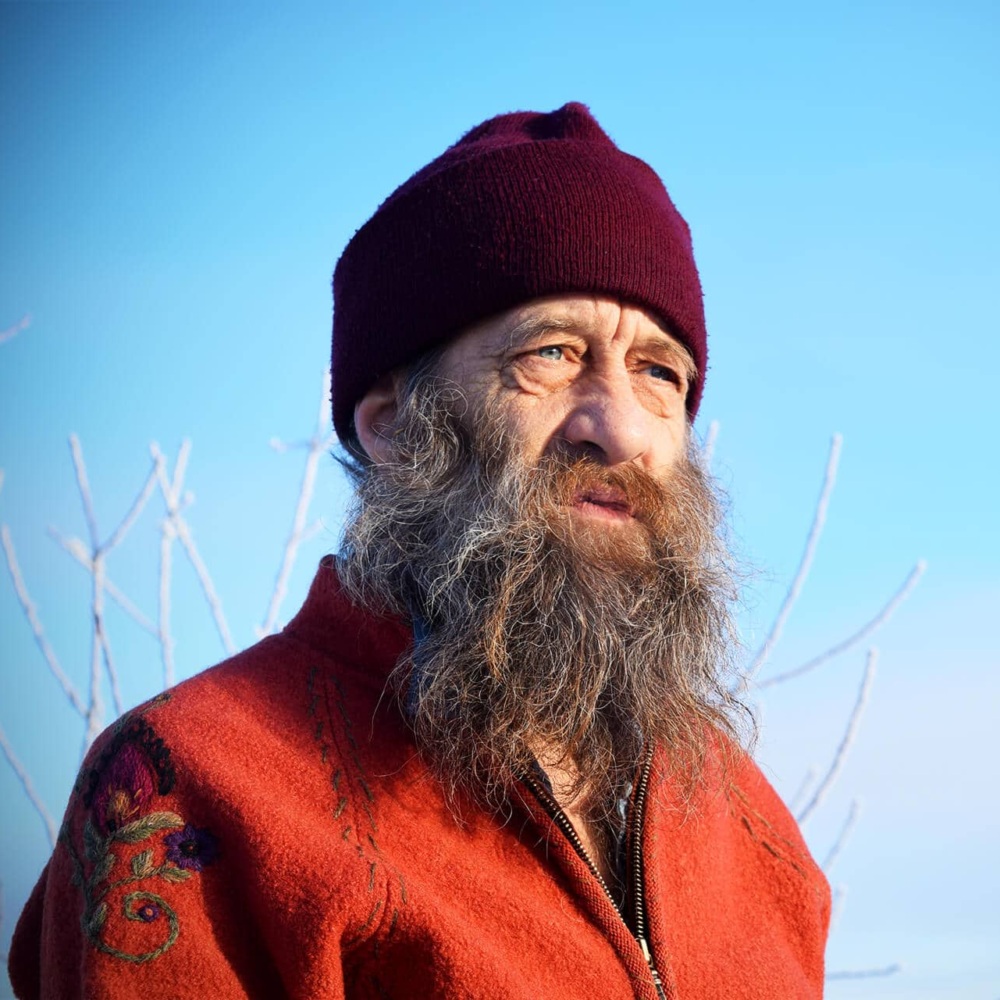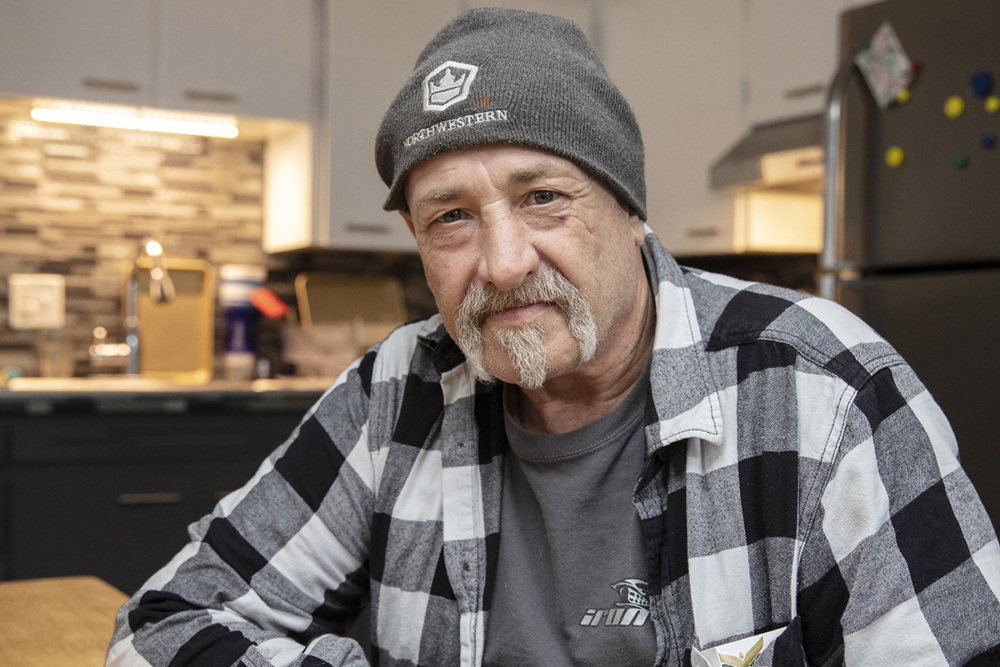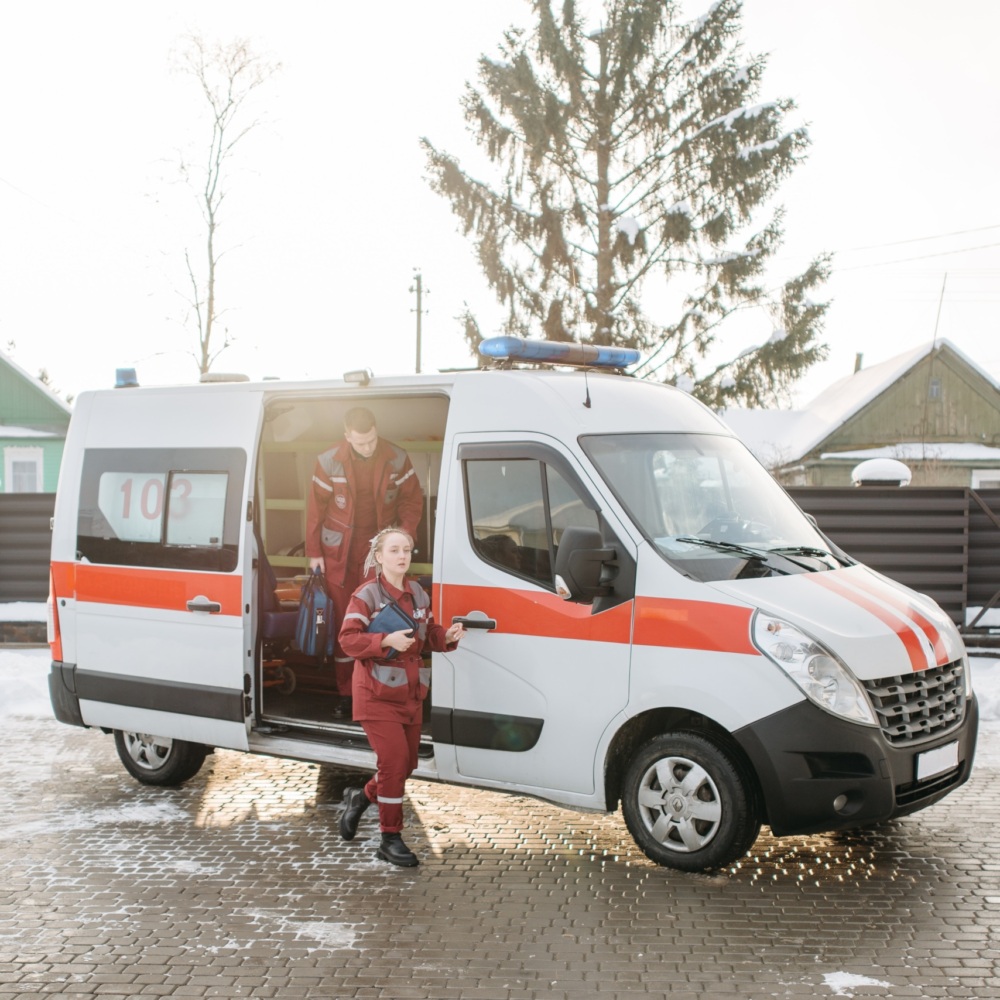
Centering Participant Voice in the Home for Good Program
“[Home for Good] looks at you as a whole person,” Martha said. She is now serving as an Advisory member of the Home for Good Executive Steering Committee, where she is using her experience with homelessness and housing insecurity to help others experiencing similar challenges.



